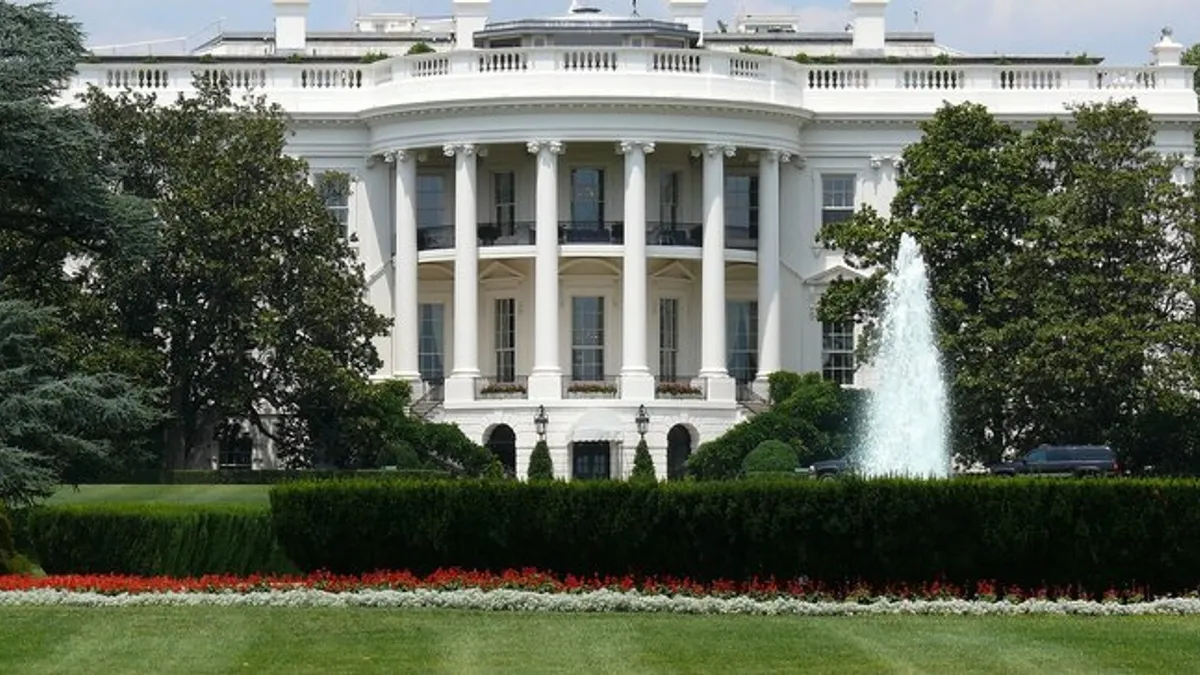Dive Brief:
- President Trump announced Tuesday that his administration would begin to "wind down" the Deferred Action for Childhood Arrivals program, according to media reports. Instead, Trump will turn to Congress to "write these laws," he said to reporters.
- Attorney General Jeff Sessions called the DACA program an "unconstitutional exercise of authority by the executive branch" in his own statement. The announcement came due to Republican attorney generals from 10 states threatening to sue the government over DACA if Trump did not end it, USA Today said.
- Data from Pew Research shows that some 800,000 young immigrants could be impacted by the law's end, many of them with employment authorization. The Department of Homeland Security will no longer accept applications to the programs, starting yesterday, but current participants would remain unaffected until March 5 of next year.
Dive Insight:
The complexity of immigration policy — particularly one that affects 800,000 people — will likely remain a barrier to any quick solutions. The Economic Policy Institute said in a statement that ending the program could lower wages and generally degrade labor standards, but the White House argues that DACA recipients are taking jobs away from Americans that need them.
The Trump administration has so far favored increased enforcement of immigration laws, a by no means unique stance in the Republican party. Jorge Lopez, Chair, Global Mobility and Immigration Practice Group at Littler Mendelson, told HR Dive that while comprehensive immigration reform has been on the table for 30 years, enforcement tends to be the focus rather than deeper (and vastly more complex) solutions.
One key problem is that there is no guarantee that Americans will take the jobs freed up by DACA recipients. Many could be serving in highly skilled positions that already see massive shortages. At the other extreme, DACA recipients could be filling jobs in construction, hospitality, food and other industries that Americans workers aren't interested in taking due to low pay and difficult conditions. Other countries, including Canada, have opted for more expansive skilled immigration programs to offset similar imbalances.
In the meantime, employers may be staring down future openings in their workforce with no promises of how those jobs could be filled. To make matters more complex, employers may not be aware who among their employees has employment authorization via DACA unless those employees self-report. Those participating in DACA have Employment Authorization Documents, which are used to complete I-9 forms. Employers could track these forms and mark their calendars for when such forms need to be revalidated. Any forms that are not revalidated should then lead to termination, Richard Green wrote for law firm Carothers, DiSante and Freudenberger.
Employers need to be particularly careful with immigration compliance right now. There was a recent I-9 update released, and another may already be in the works. Ensure all forms have the correct enforcement date on them. The new one will be dated Sept. 18, 2017.














